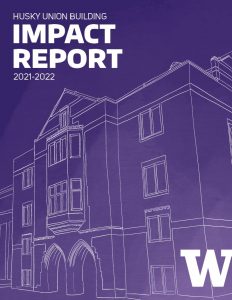The following are excerpts from the University policy governing the appearance of non-University speakers sponsored by student organization(s):
- As an institution of higher learning devoted to the search for truth in a democratic society, the University is dedicated to the maintenance and expression of a spirit of free inquiry. For its students, accordingly, it promotes the development of an atmosphere of open exchange, and of conditions conducive to critical evaluation of divergent points of view.
- The University also recognizes and accepts a responsibility to ensure that such inquiry is conducted in a manner which furthers the educational objectives of the institution; namely, the open-minded, objective evaluation and dissemination of knowledge.
- Student organizations officially registered at the University may therefore invite speakers to the campus to address their own membership and other interested students and staff providing suitable space is available and there is no interference with the regularly scheduled programs of the University. The appearance of such speakers on campus implies neither approval nor disapproval of them or their viewpoints by the University. In the case of speakers who are candidates for political office, equal opportunities shall be available to opposing candidates if desired by them. Speakers are subject to the normal considerations for law and order and to the specific limitations imposed by the state constitution.
- In order to ensure an atmosphere of open exchange and to ensure that the educational objectives of the University are not obscured, the President, in the case attended by extreme emotional feeling, may prescribe conditions for the conduct of the meeting, such as requiring permission for comments and questions from the floor. Likewise, the President may encourage the appearance of one or more additional speakers at the meeting so that other points of view may be expressed.
- The President shall prescribe the length of time and form of notice required prior to the holding of all meetings to be addressed by outside speakers and may designate representatives to recommend conditions for the conduct of particular meetings.

STAY CONNECTED